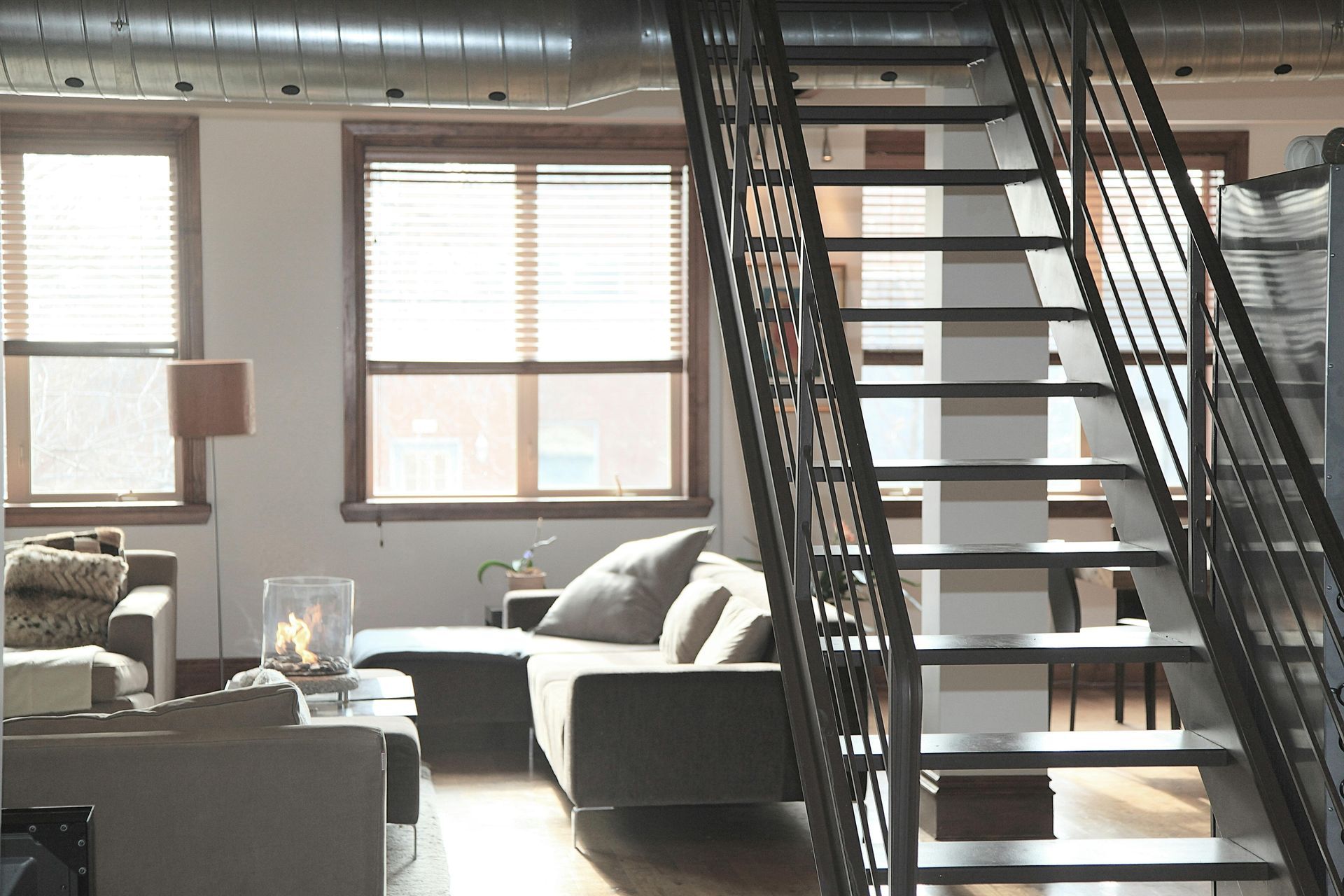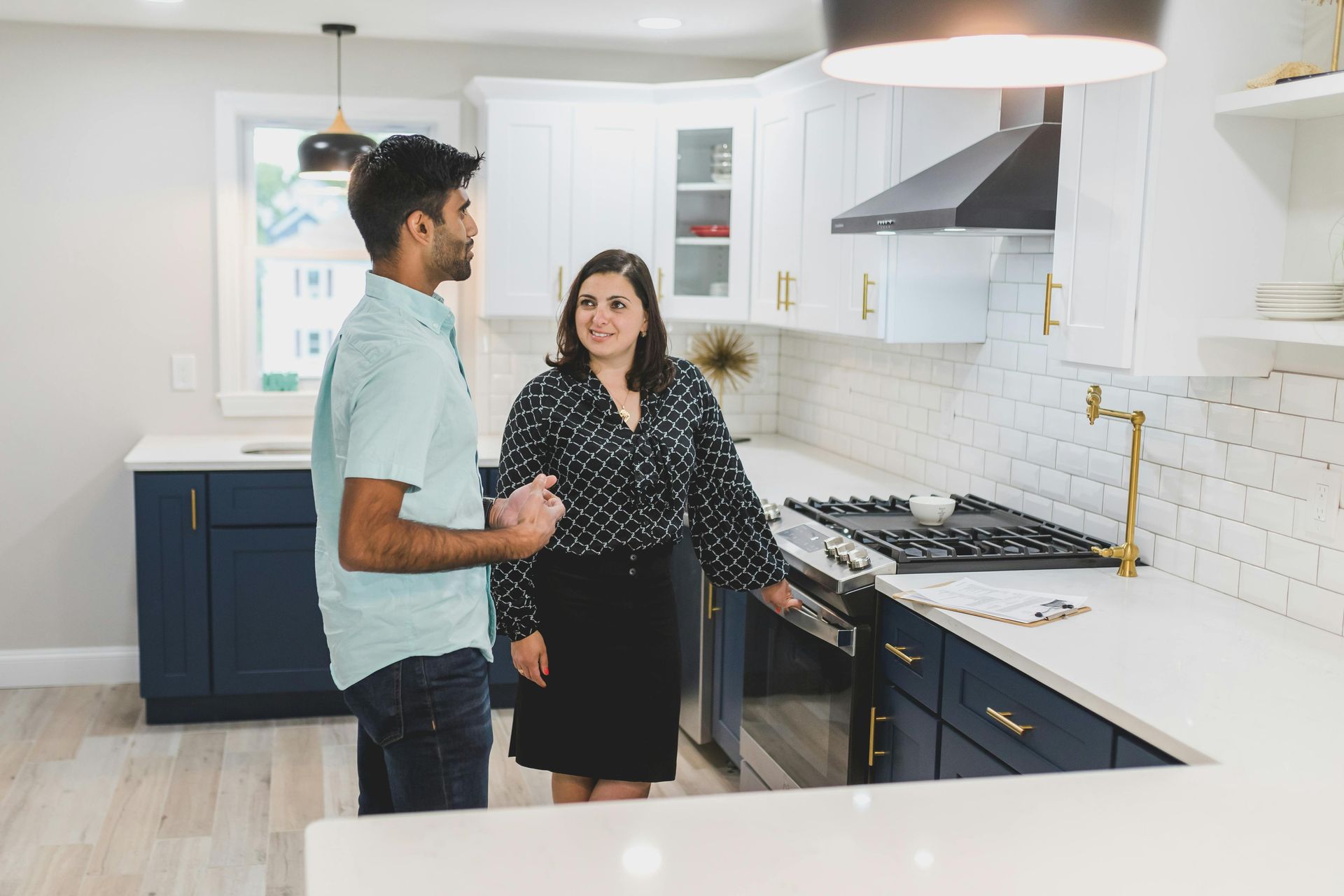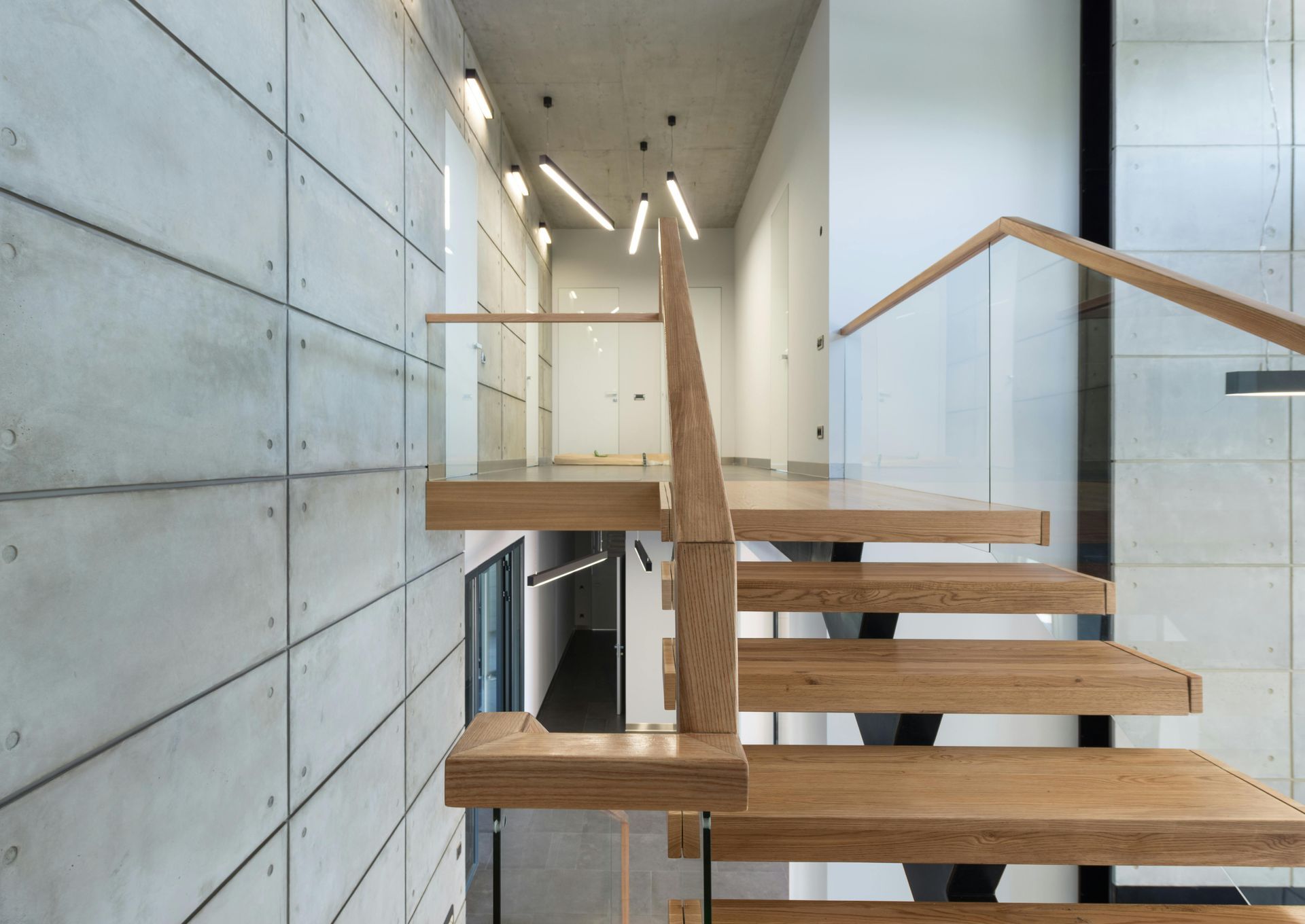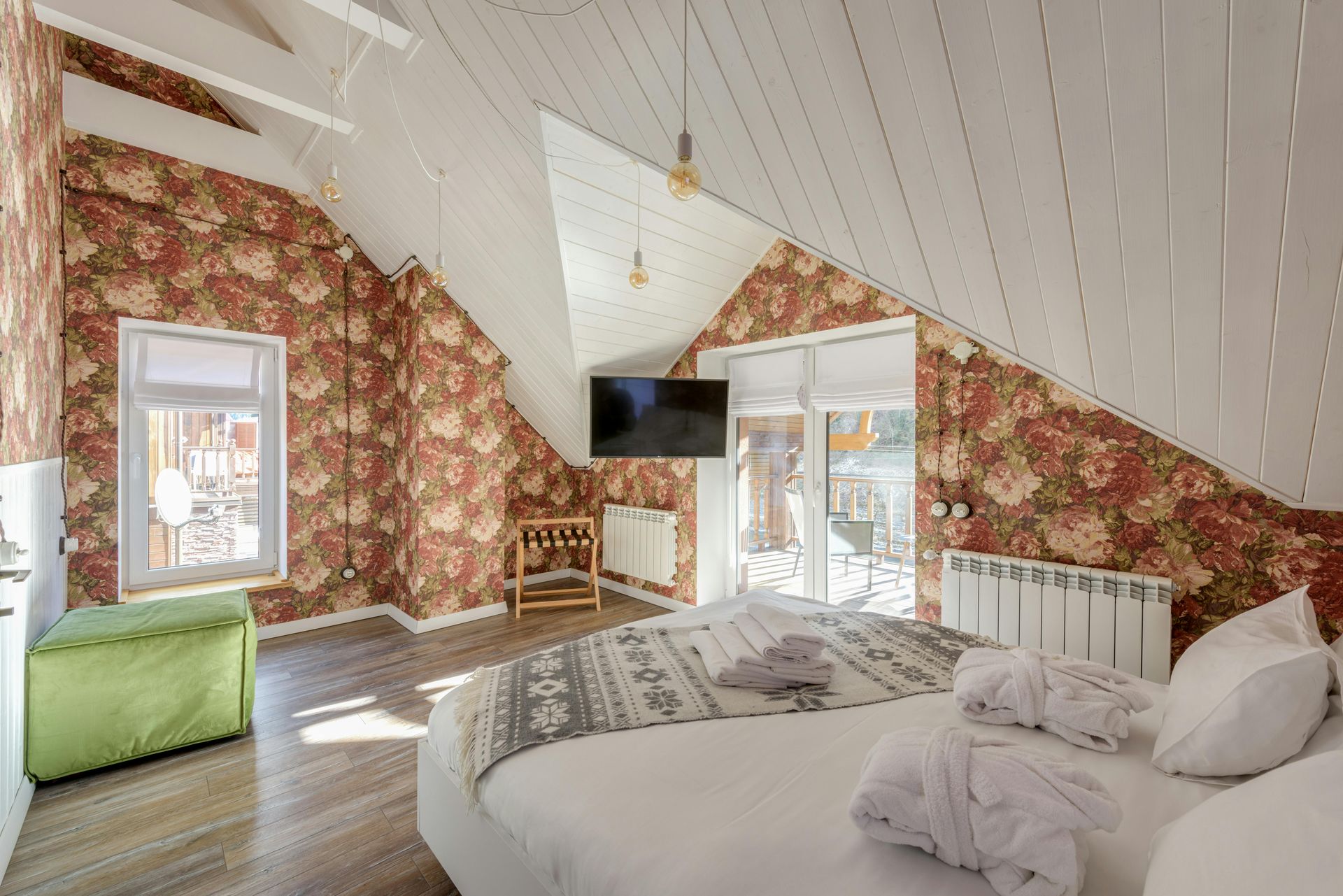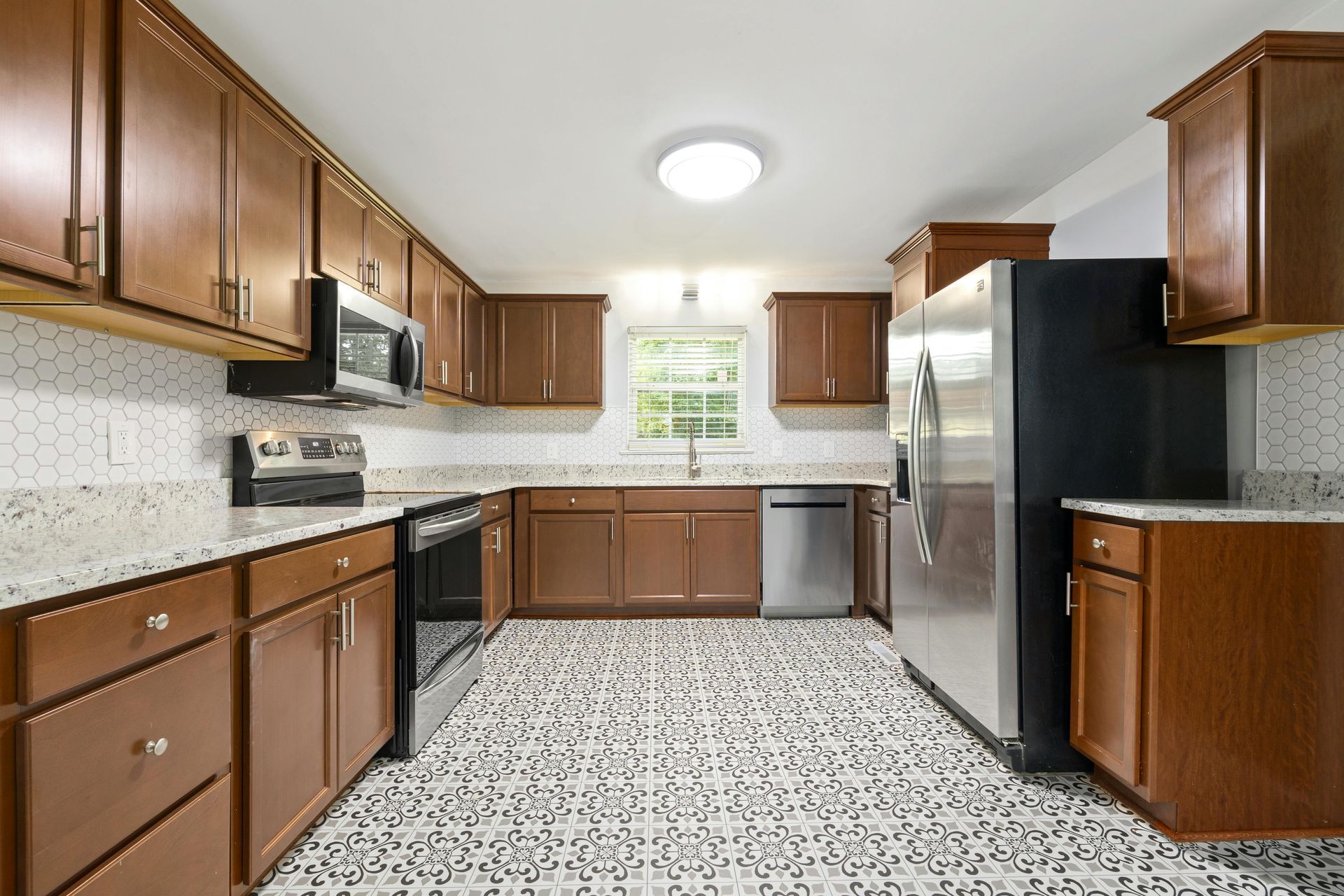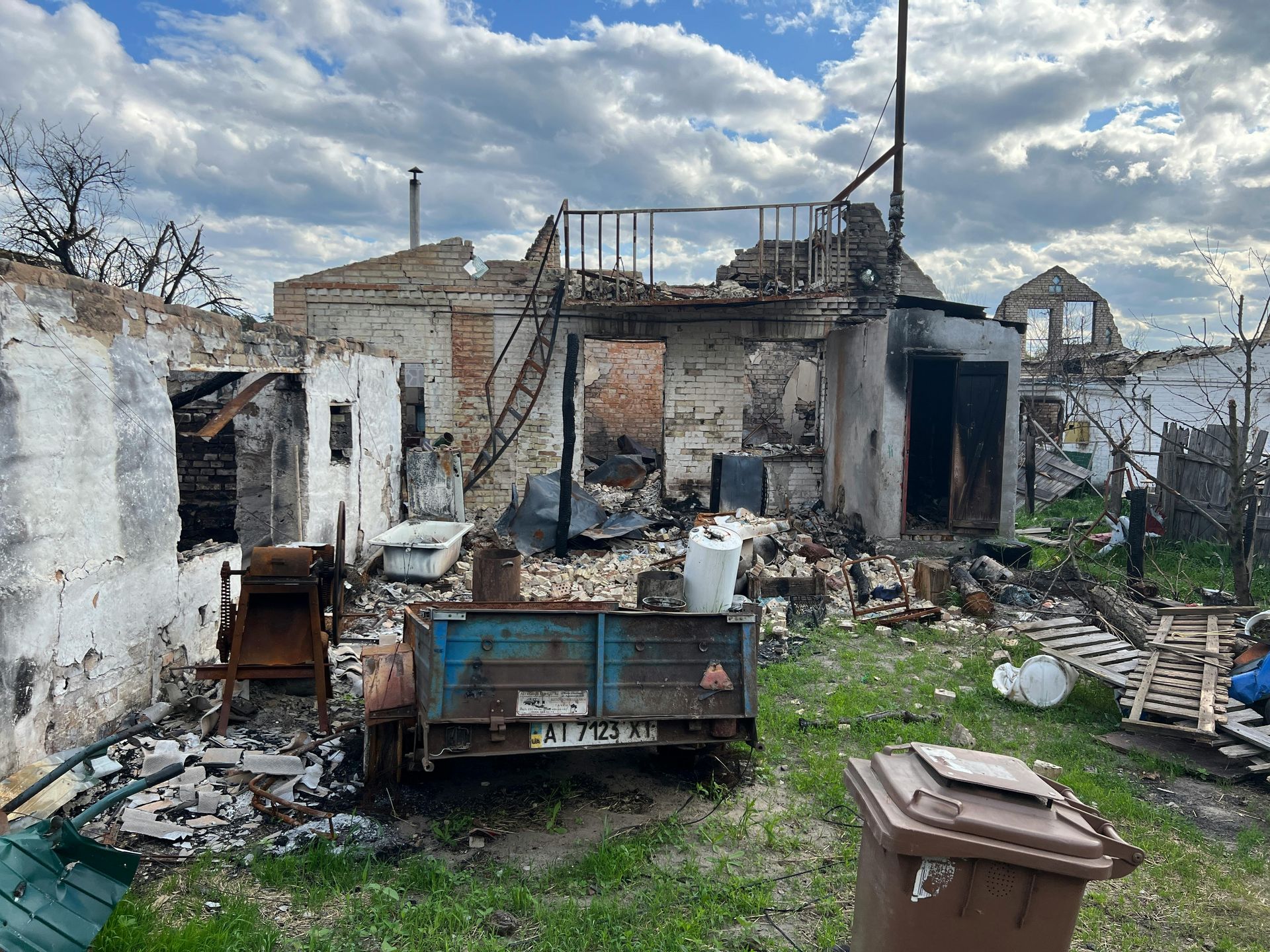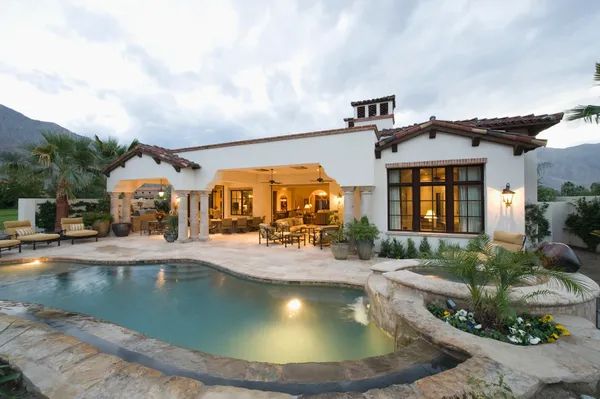Pros and Cons of Garage Conversions and Other ADUs
As cities grow and housing prices rise, homeowners are exploring creative ways to increase livable space on their properties. One popular option is converting existing structures, such as garages, into accessory dwelling units (ADUs) or building new ADUs entirely. ADUs can provide valuable space and income potential but also have certain challenges. This article explores the pros and cons of garage conversions and other ADUs, helping you decide if they’re the right choice for you.
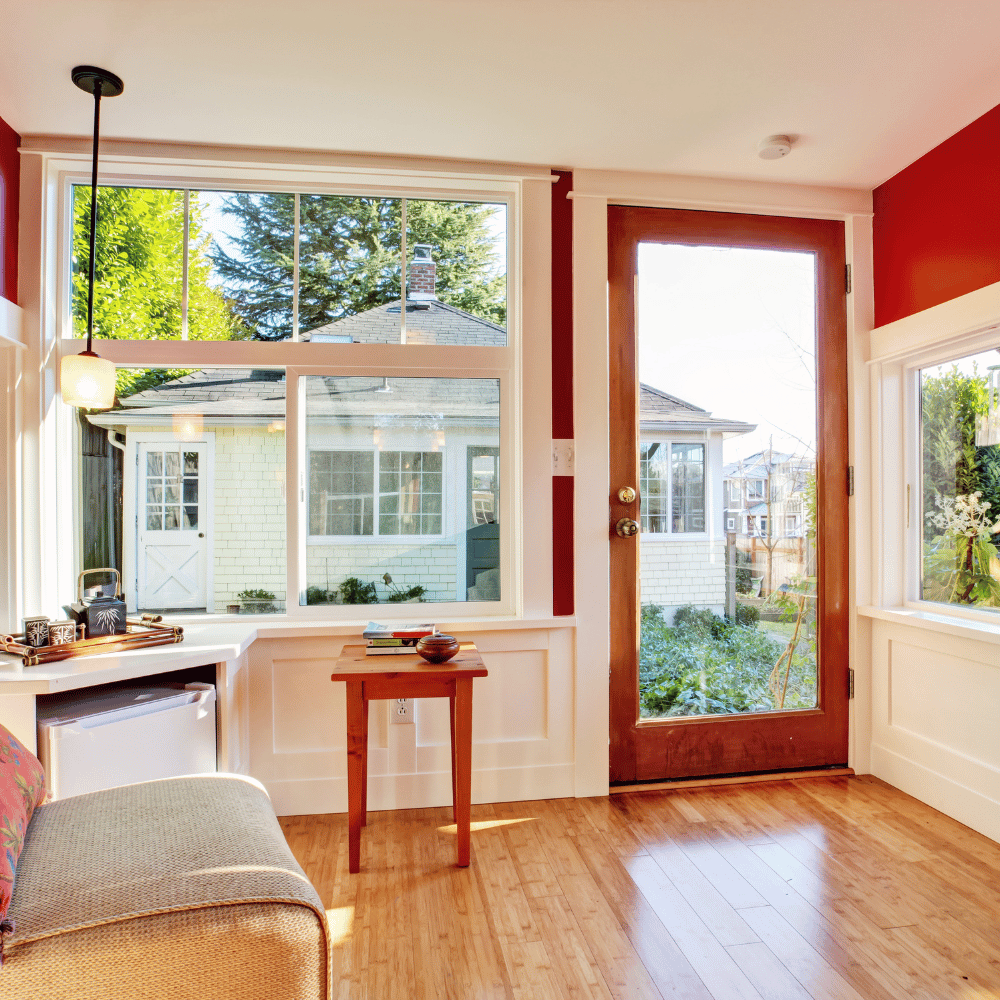
What Are ADUs?
ADUs, or
Accessory Dwelling Units, are secondary housing units on a single-family property. They may be attached to the main house, such as a basement apartment or garage conversion, or detached, like a backyard cottage. ADUs come in several forms:
- Garage Conversions - Turning an existing garage into a livable space for family members, guests, or tenants.
- Basement ADUs - Converting a basement into an apartment or studio, often with a separate entrance.
- Detached Units - Standalone structures on the property, such as a backyard cottage or tiny home.
These units are increasingly popular due to the flexibility they offer. ADUs can provide housing for extended families, generate rental income, or serve as a workspace or home gym. Before starting a project, weighing both the benefits and challenges is essential.
The Pros of Garage Conversions and ADUs
ADUs offer several benefits, making them appealing for homeowners looking to maximize their property’s potential. Here’s why ADUs are becoming a popular option:
Maximizes Property Space and Adds Usable Living Area
Maximizing your existing property space is one of the most significant advantages of converting a garage or building an ADU. Instead of expanding the main home, which can be costly and time-consuming, ADUs use underutilized areas.
Increases Property Value and Rental Income Potential
- Higher Resale Value: ADUs attract buyers, especially in areas with limited or expensive housing. Many buyers see ADUs as a value-added feature that offers versatility and future income potential.
- Rental Income: ADUs provide a way to generate passive income through long-term rentals or short-term platforms like Airbnb. This can help offset mortgage payments or cover property expenses.
Versatile and Multi-Purpose Spaces
ADUs offer versatility that’s hard to match. They can be easily adapted to suit changing needs, which makes them appealing to homeowners who plan to stay in their property long-term. Here are different functions in which you can utilize ADUs:
- Evolving with Your Needs: ADUs can start as a home office or studio and later become a rental unit or guest suite. The flexibility of ADUs means they can serve different purposes over the years, adding long-term value.
- Multi-Purpose Use: Homeowners can use an ADU for various functions, including a gym, art studio, playroom, or even a rental for short-term guests. This flexibility makes ADUs a practical solution for people who want options.
Affordable Housing Solution
Accessory Dwelling Units (ADUs) offer a practical and affordable housing solution for families and potential tenants, particularly in urban areas with high housing costs. By converting a garage or building a small, separate unit, families can gain additional living space at a lower price than a complete home renovation or expansion. This makes ADUs a budget-friendly option for those needing extra space without the financial strain of traditional construction projects.
The Cons of Garage Conversions and ADUs
While ADUs offer many benefits, they also come with potential downsides. Here are some considerations to keep in mind:
Zoning, Permits, and Regulations
Navigating zoning and permits can be challenging when building an ADU, as requirements vary widely. Many areas have strict laws requiring special permits or limiting construction based on lot size and setbacks. Approval often includes costly licenses, inspections, and compliance checks, extending timelines and budgets. HOA-governed neighborhoods may impose additional restrictions on ADUs or garage conversions.
Initial Construction Costs
While ADUs can be a cost-effective alternative to expanding a home, they still come with substantial initial construction costs.
- Upfront Expenses: Building an ADU or converting a garage can be costly. Construction costs vary by location, size, and materials, and homeowners should budget for plumbing, electrical, and structural work.
- Unexpected Costs: During construction, unexpected costs may arise, such as repairs to existing structures, utility connections, or modifications required by code. These can increase the overall project cost and impact the return on investment.
Loss of Garage Space and Storage
Garage conversions require giving up the storage space and parking a garage provides, which can disadvantage many homeowners.
- Reduced Storage: Garages often serve as valuable storage areas for tools, seasonal decorations, and recreational equipment. Losing this storage space can be inconvenient and require investing in alternative solutions.
- Limited Parking: In some areas, garages are essential for parking. Converting a garage into an ADU may reduce available parking, especially in neighborhoods with limited street parking options, which can impact convenience for homeowners and guests.
- Impact on Resale Value for Certain Buyers: Some buyers prefer homes with garages for storage or parking. Losing the garage may limit the property's appeal to potential buyers in the future, especially in areas with harsh winters or limited parking.
Impact on Privacy and Neighborhood Aesthetics
Adding an ADU, especially a detached unit, may affect the privacy and aesthetics of your property and potentially impact relationships with neighbors.
- Privacy Concerns: Adding an ADU, especially in a backyard, may limit the homeowner's and neighbors' privacy. Close quarters and additional occupants can create privacy concerns that weren’t present before.
- Potential Tensions with Neighbors: Increased foot traffic, noise, and parking congestion due to an ADU may cause tensions with neighbors. Considering these social aspects before starting construction is worthwhile, as they could impact the homeowner’s experience and the neighborhood dynamic.
How to Decide if a Garage Conversion or ADU is Right for You
When deciding whether to convert your garage or add an ADU, ask yourself the following questions:
- What is the primary purpose of the ADU? (e.g., rental income, family housing, workspace)
- Can your budget accommodate construction and potential unexpected costs?
- Do local zoning laws and regulations support ADUs?
- How will a conversion or ADU impact storage and parking needs?
- Will an ADU enhance your lifestyle or create potential inconveniences?
Answering these questions can help you determine if an ADU is the best choice for your property.
Tips for a Successful Garage Conversion or ADU Project
Choose a design that complements your property and maximizes functionality to ensure a
smooth ADU project. Consider the layout, materials, and aesthetic to create a seamless addition to your home. Work with experienced architects and contractors who understand local ADU regulations and can guide you through each step. With the proper planning and team, you can avoid delays and create an ADU that meets both your practical and visual goals.
Conclusion
Rainwater harvesting systems collect and store rainwater for later use. This water can be used for irrigation, washing cars, or even flushing toilets. Setting up a rainwater harvesting system is a great way to use a natural resource that would otherwise go to waste. It’s especially useful in Jacksonville, where there is plenty of rainfall throughout the year.
Contact
Sunshine State Professional Services for your next Garage conversion or ADU project.
